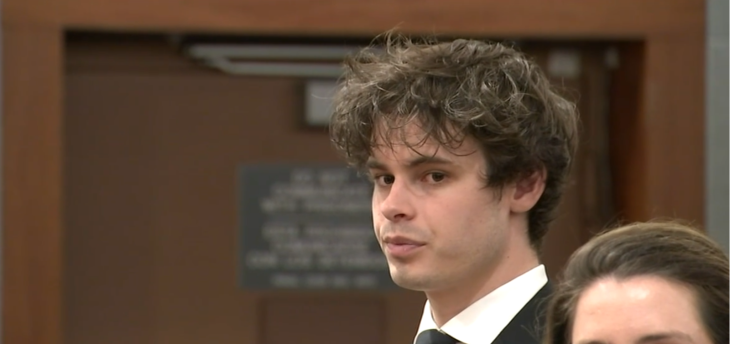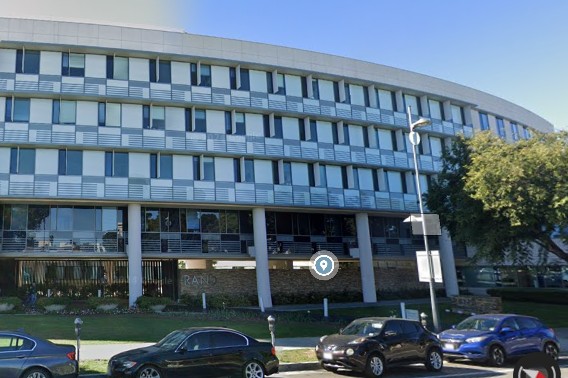Sleep problems are among the more common complaints I hear from my patients. They all long for the perfect night’s sleep. They want to fall asleep quickly, sleep through the night, and awaken refreshed and ready to tackle the day. They want to “sleep like babies.”
However, as we age, most of us begin to experience problems that interfere with sleep. Most commonly, we complain of getting too little sleep, difficulty falling asleep, or trouble going back to sleep after waking during the night. Consequently, we may feel tired or fatigued the next day.
Occasionally, some patients complain of sleeping too much or falling asleep when they want to remain awake.
Sleep patterns change as we age. It may take longer to fall asleep and there is less deep sleep and more frequent awakening with aging. Poor sleep habits are the leading cause of sleep complaints in older patients. Reading, watching television, or listening to music while falling asleep can result in wakefulness later in the night.
Medical conditions such as heart failure and prostate disease can interfere with sleep, as can certain prescription and over-the-counter medications. Arthritis and other painful conditions also can disrupt sleep for obvious reasons. Psychological problems such as anxiety and depression can result in decreased sleep, although some people with depression spend excessive amounts of time in bed.
Less common is the problem of excessive sleep. People who sleep a lot during the day or fall asleep during activities despite sleeping at night have disruption in the quality of their sleep. Sleep-disordered breathing or sleep apnea is a potentially serious problem that can result in low oxygen levels, confusion, hypertension, cardiac arrhythmias, and severe daytime sleepiness. This condition is more common in older individuals and should be checked by a physician.
Insomnia, a Latin term for “no sleep,” is defined as the inability to fall or remain asleep. Most people need seven to eight hours of sleep daily for good health, safety, and optimal performance. But according to the National Center for Sleep Disorders Research at the National Institutes for Health, about 30 to 40 percent of adults report symptoms of insomnia during the year and 10 to 15 percent claim chronic insomnia.
The best treatment for insomnia is to develop good sleep habits – what we call “sleep hygiene.”
Good habits include:
• Keeping regular bedtimes and wake times for both weekdays and weekends
• Avoiding excessive alcohol, caffeine, nicotine, or sugary foods at bedtime
• Creating a sleep-conducive environment that is dark, quiet, and without distractions
• Removing work materials, computers, tablets, smart phones, and televisions from your bedrooms
• Getting outdoor light or intense artificial light for at least 30 minutes a day to help reset your biological clock
• Exercising regularly. Complete your workouts a few hours before bedtime to allow time for winding down
• Eating a light snack at bedtime can help, but avoid foods that will stimulate you.
Sleep medications should be avoided in most cases because they tend to be habit-forming and only effective for a short period of time.
If you experience sleep problems – either too little or too much sleep – consult with your doctor. Careful attention to sleep habits and underlying medical problems may be helpful in improving sleep. There also are new treatments, including cognitive behavioral therapy, that have been proven effective in helping insomniacs get a better night’s sleep. Good night and good luck!
Dr. James Davis is a board-certified geriatrician with the highly regarded UCLA Geriatrics Program in Santa Monica and Westwood. For more information, call 310. 319.4371.


























